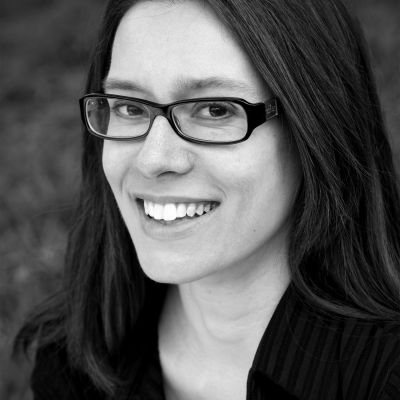Inspirational quotes from people close to the IOA
Martin Wölfel – Vocal Coach (current)
“Everything here at the IOA is concentrated on the aim going on an opera stage and showing and teaching you everything you need to become a professional.”

Carlos Wagner – Directed ‘The Rape of Lucretia’ in 2002 and 2023 for the IOA
“The magic is that they (the IOA students) are new and so keen to learn, so you get a 150% dedication, willingness to try things out.”
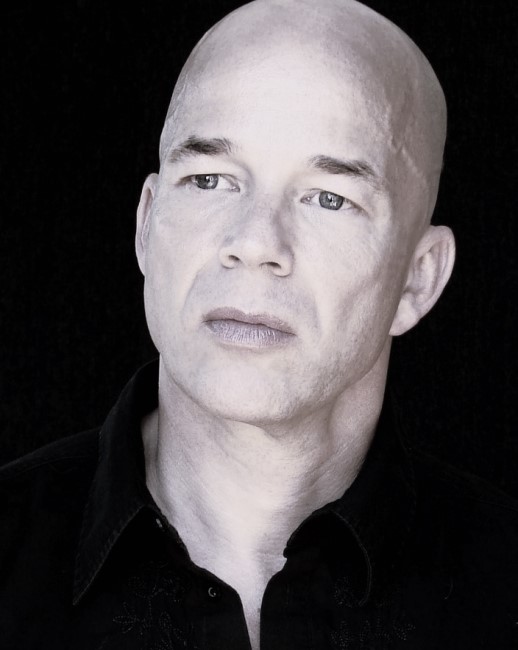
Kadi Jürgens – graduated in 2022
“My time at the IOA was literally a live-changing experience for me. To be so nurtured as an artist and so believed in, that’s all that every young singer needs to find its potential.”
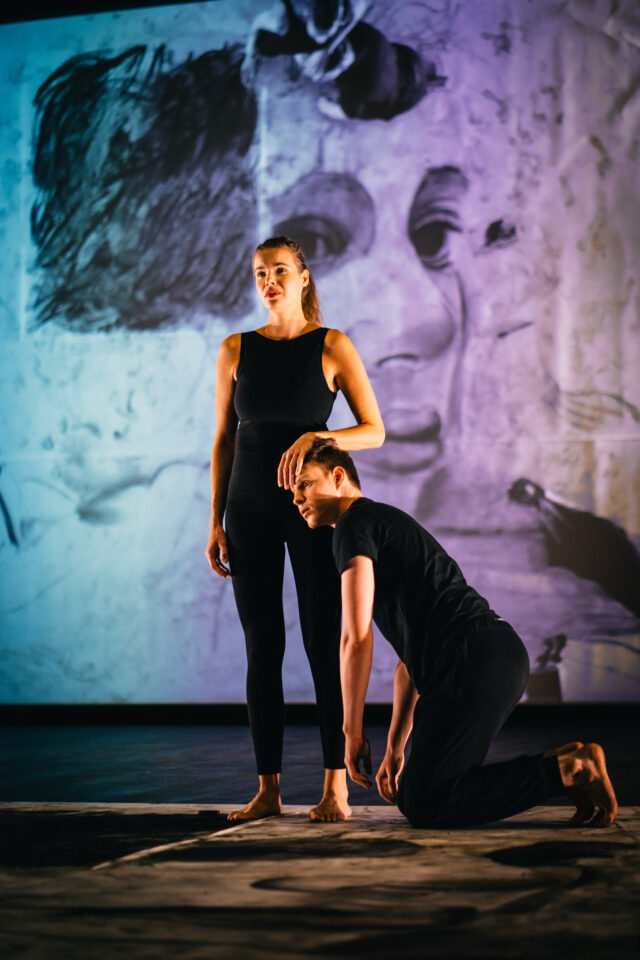
Elisa Soster – graduated in 2019
“The IOA taught me to be a strong independent person and artist – to fight for my ideas that would often clash with those of other people, but at the same time to keep an open mind towards them.”
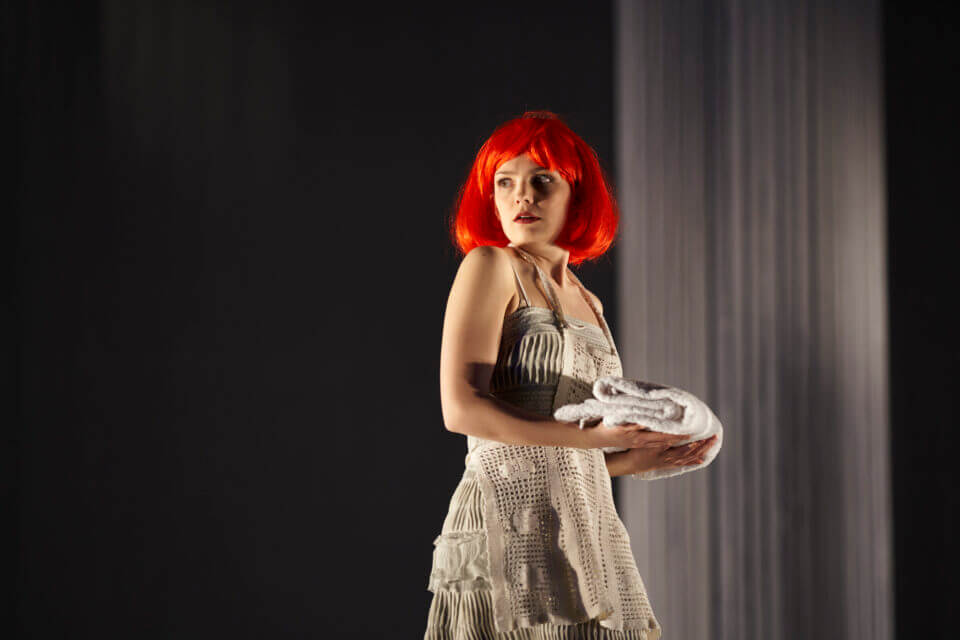
Eline Brys – graduated in 2017
“The IOA hasn’t merely given me an enormous amount of practical experience, but has probably been the main reason why I already have a job as a repetiteur since my graduation in 2017.”
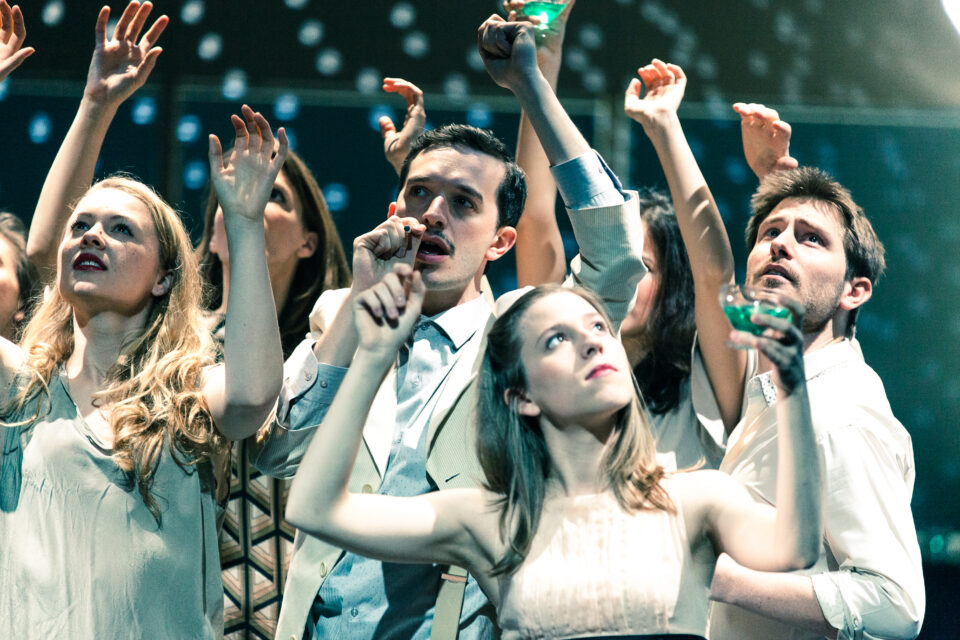
Denzil Delaere – graduated in 2015
“In my 2nd year at the IOA, I had the opportunity to be rehearsal cover for Don Ottavio in La Monnaie’s production of ‘Don Giovanni’. Rehearsing 3 weeks with Barbara Hannigan as Donna Anna, under the wings of stage director Krzystof Warlikowski was highly inspiring – 1 of the many unforgettable experiences at the IOA that led me to being the arstist I am today.”

Peter Brathwaite – graduated in 2011
“The IOA (then ‘Flanders Operastudio’) gave me extra time to grow. I found it hugely beneficial to have 1 foot still in training and the other in the profession.”
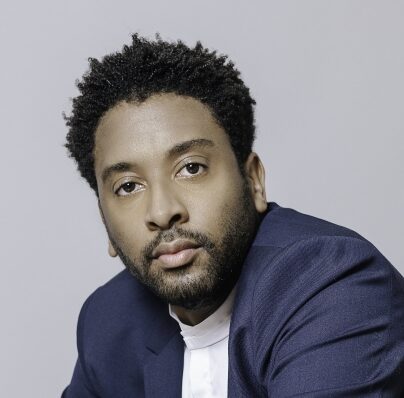
Benoît De Leersnyder – graduated in 2001
“What drew me to the IOA (then ‘Flanders Operastudio’) was the fact that the curriculum did not merely focus on singing, but embraced a large scope of topics (from Spatial Awareness, to light design, to critical analyses of texts), taught by first-class pedagogues.
As a young student, you were immersed in the craftmanship of the wholde corps de métier of the opera world, developing not only the singer in yourself, but also the Artist.”
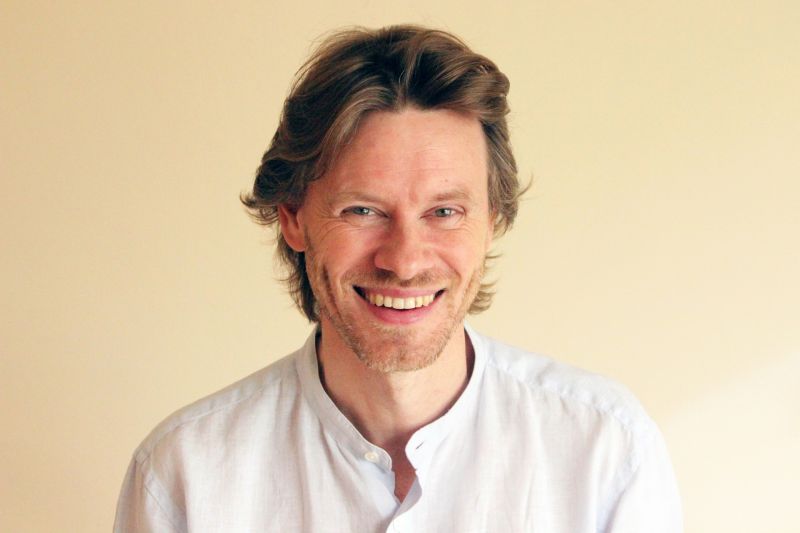
Magid El-Bushra – graduated in 2007
“The IOA (Then ‘Flanders Operastudio) played a really important role in my development. Firstly, it provided me with an artistic space in which to experiment, learn new things, and practise my performance skills in a safe environment. Secondly, it gave me the chance to meet some great people – singers, musicians, administrators and audience members – who all went on to have a significant impact on how my career developed after I left Ghent.”

Sophie Marilley – graduated in 2001
“The professors had a very positive and constructive way of working : they really cared about us, and about our individuality. It gave me tools, and the confidence to begin my career.”

Mirei Arai – graduated in 2015
“I still remember the Masterclass of René Jacobs, in which he emphasised the importance of studying a libretto in depth, and his insistence that we pianists should do so too. As repetiteurs, we also accompany recitatives in opera performances. Jacobs’ own music score was filled with written out accompaniments, almost fixed, a little like recitativo accompaniato, based on his many studies and experiences over a long time. It taught me the importance of continued research, even for a world-renowned artist.”
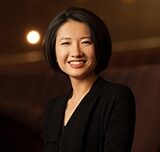
Julie Gebhart – graduated in 2017
“The IOA has a special place in my career: it was the first institution to allow me to gain a professional experience. I learned to be on stage, worked on my voice and my presence. After two years, I felt much more confident being on stage.”
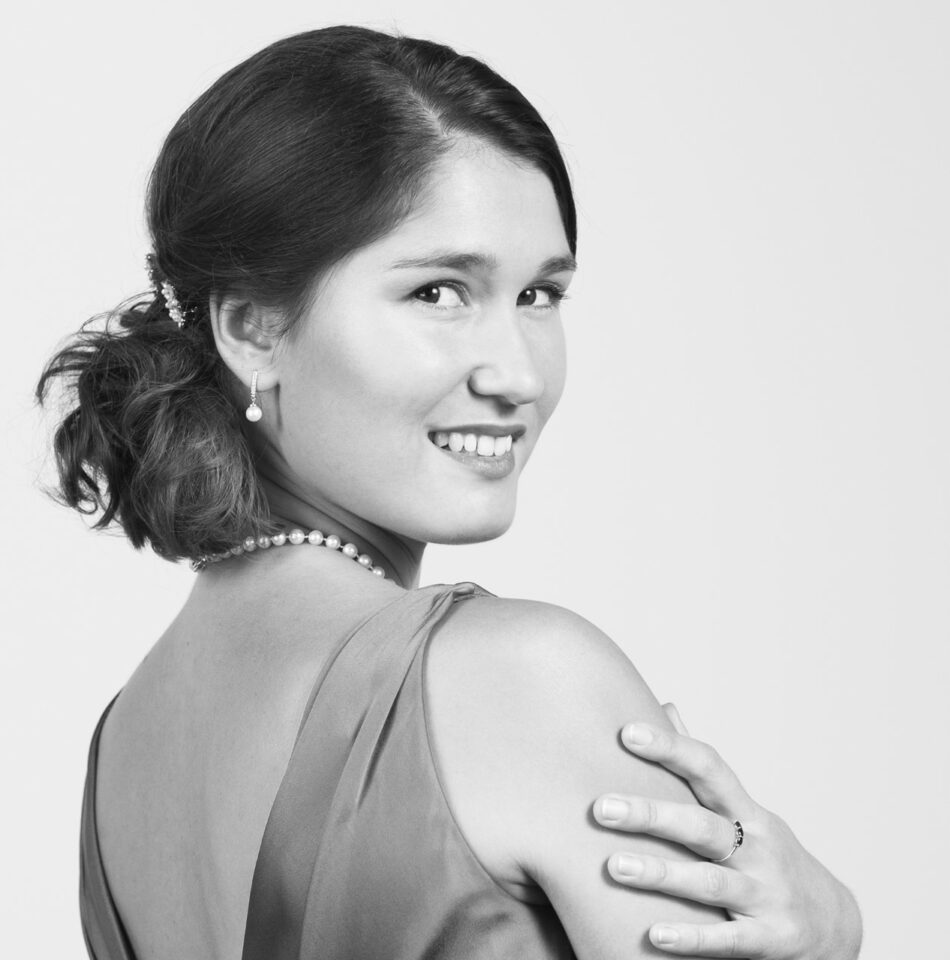
Jeannine Hirzel – graduated in 2002
“It was great to live in the wonderful town of Ghent, and to focus on singing and stage experience. As some of my fellow singers were more experienced than others, I had the possibility to watch and learn – but I could also be an example to others. To be a ‘real’ singer in a ‘real’ big opera house was an intense experience. I loved everything being so professional!”
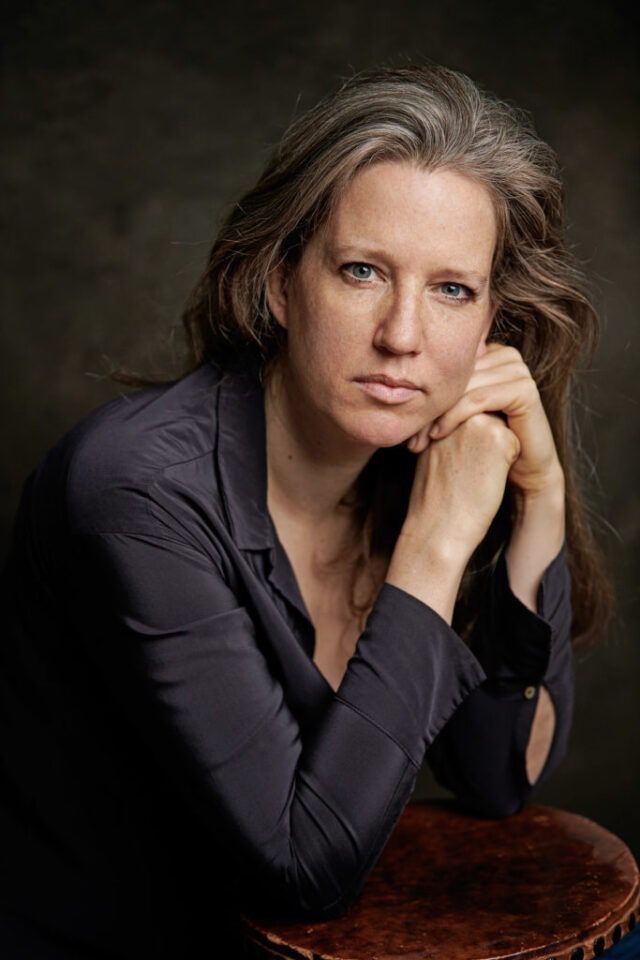
Anna Quintans – graduated in 2006
“Serse (Händel) was one of the highlights of my stay at the IOA for various reasons. I remember truly enjoying the work on ornamentation and colouring, on text delivery, and on enlarging the character’s vocal personality.
The role also exposed me to new difficulties and challenged me to question the way we perceive and share emotions on stage. I had trouble understanding the amount of space possible between what the performer intends and what actually reaches the audience. I thought that true commitment to a role was enough to pass on a message, but there are several ways to do so (and singing is a particularly complex way of expression). So I guess this early work on Atalanta made me realise and appreciate the role of a director, who helps us translating or communicating that message, even more.”
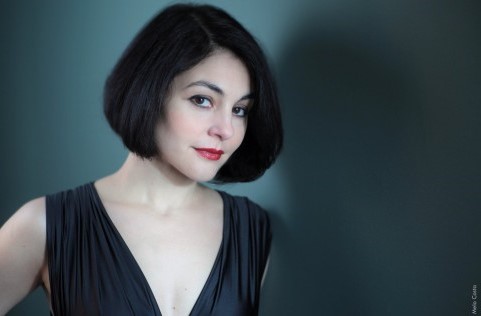
Rachel Harland – graduated in 2009
“The IOA played a vital role in developing my career in so many ways. On a creative level, anything seemed possible: we had the incredible opportunity to work with top–class directors, coaches and other musicians on a daily basis. The fact that there was so much scope for performance was amazing and intense all at the same time. After a year at the IOA I felt creatively open, resilient and flexible to anything that came my way musically.”

Kiup Lee – graduated in 2019
“Before joining the Academy, I didn’t know how to develop myself musically, how to explore different techniques or how to have the right attitude on the stage. Through the IOA’s great programme, I learned a lot of things: interpreting, moving and acting with a partner on stage, pronouncing with more precision.”
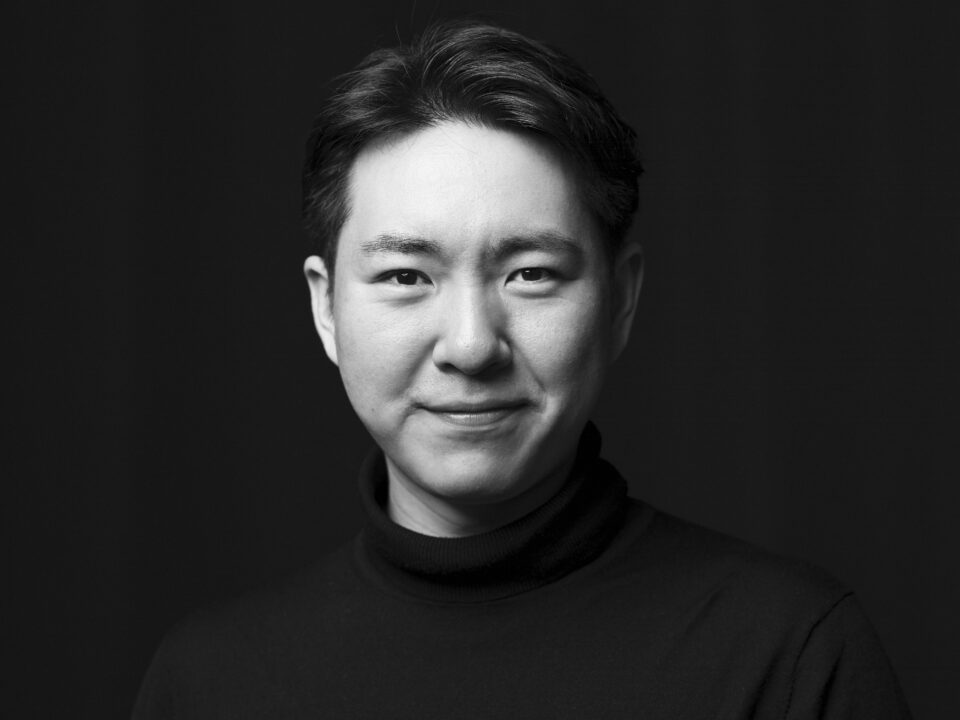
Barbara Jernejčič Fürst – graduated in 2002
“The IOA was crucial to me. I was at a breaking point in my life: I was either going to continue my career as a singer, or find another profession. My year in Ghent gave me many opportunities, such as auditioning for the Chicago’s Steans Institute for Young Artists, performing with Sigiswald Kuijken and La petite bande in Bach’s Johannes Passion, taking part in the Belvedere Competition, etc. The most wonderful experience that year was certainly the role of Lucretia in Britten’s opera The Rape of Lucretia. It presented an exciting challenge for me vocally as well as mentally. Carlos Wagner’s directing of the show was exceptional.”

Chia Fen Wu – graduated in 2005
“At the IOA, I took part in a Monteverdi production. The stage was completely covered in sand, and I remember that even after two years, we still could feel sand in the studio. As a singer it’s quite shocking to sing in such an environment: we all had to be careful not to be choked by sand. I thought that this was just crazy! Who would do such a crazy thing in an opera?
Now I know that in the real opera business, it can get crazier. I have been working in Flanders Opera for some time now, and I have been covered by mud, blood, tomato sauce, chocolate sauce, spaghetti, and other subtances. The IOA prepared me well…”

Genevieve Ellis – graduated in 2008
“The International Opera Academy played such an important role in my development towards a professional opera career. Here, I became really immersed in the core operatic repertoire for the first time through the excellent individual lessons and through the workshops and projects undertaken with visiting directors, conductors and coaches. The other students provided constant inspiration and encouragement, and there was space to discover my own artistic personality and test the limits of my powers. As a pianist, I was given the opportunity to act and sing, a vital perspective on the working lives of the singers we accompany, coach and conduct. The studio provided a vibrant and inspiring community to become a part of, and I am endlessly grateful for my time there.”
